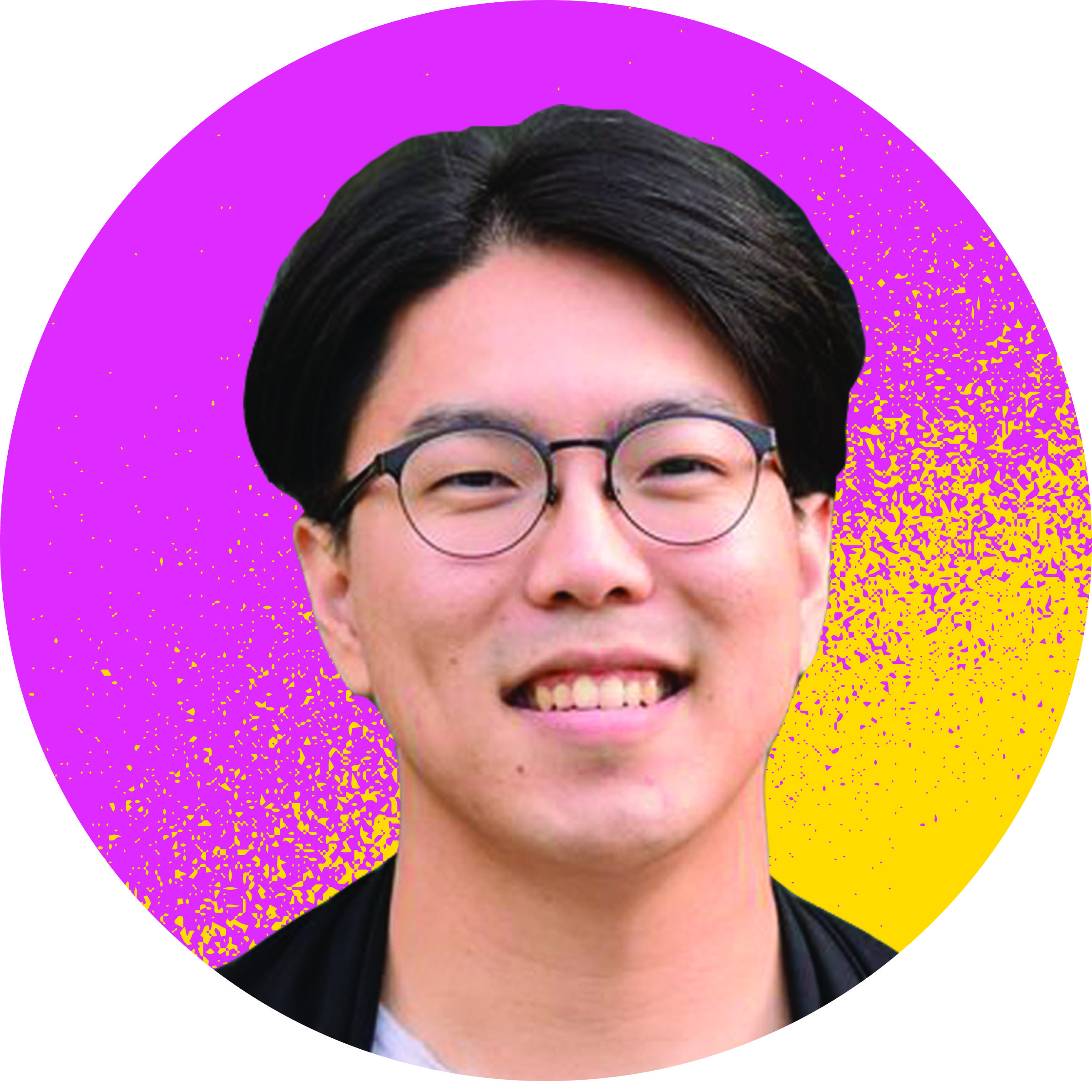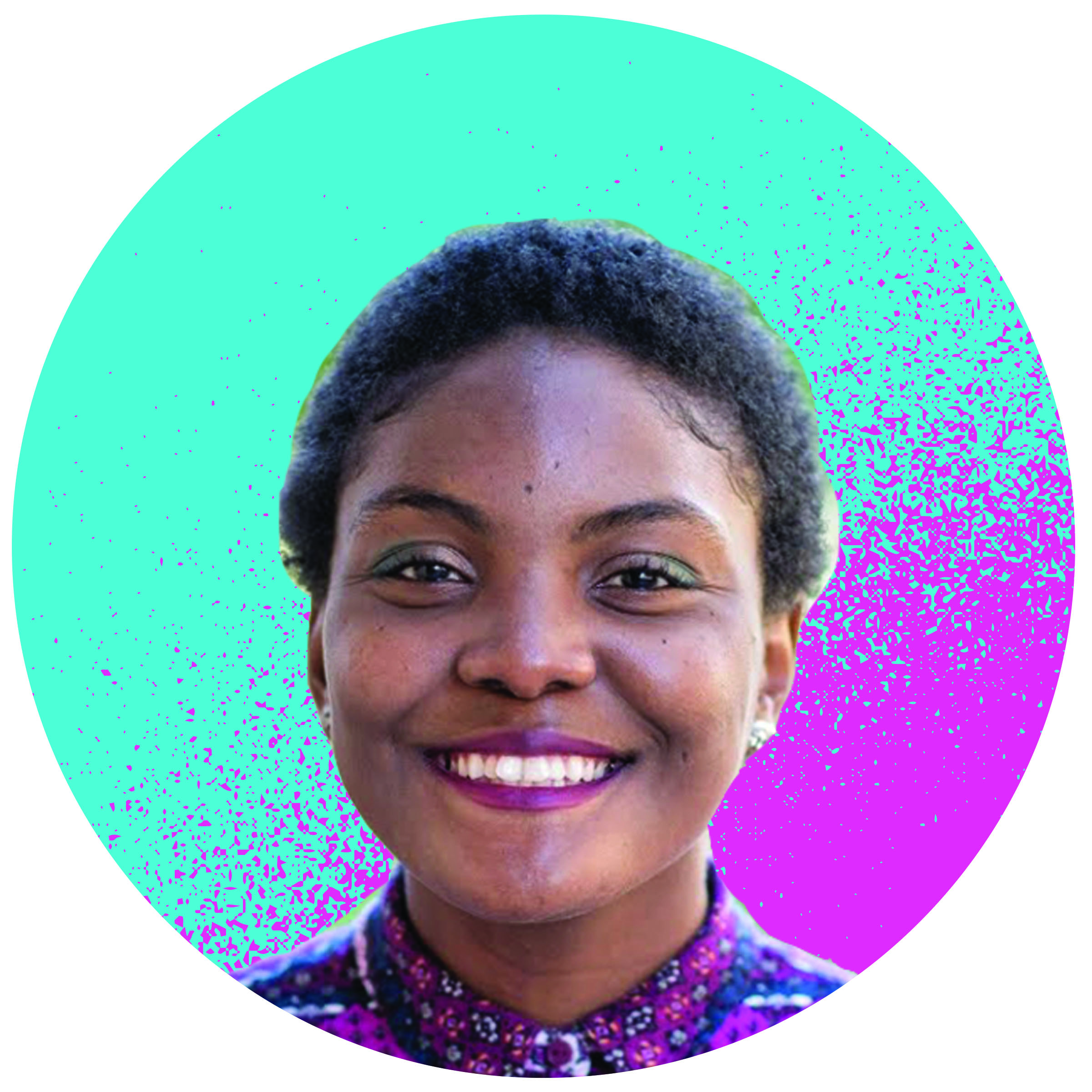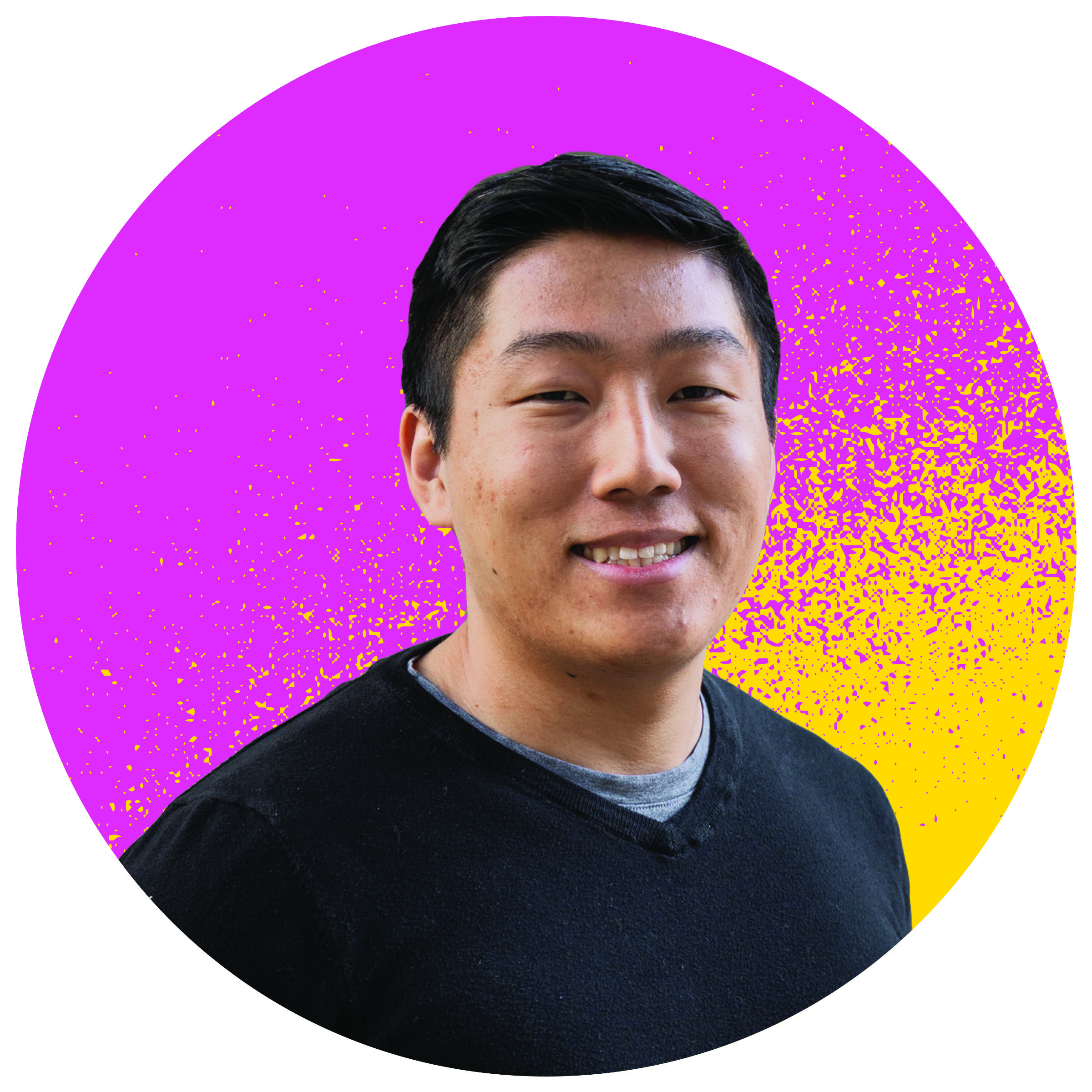Celebrating Graduate and Professional Student Appreciation Week
Story by:
Published Date
Story by:
Topics covered:
Share This:
Article Content
Sixty three years ago, UC San Diego was founded as a school for graduate education. In the first four years, several hundred graduate students joined the burgeoning university in fields such as physics, marine biology, chemistry, earth sciences, engineering and oceanography.
Since then, the graduate student population at UC San Diego has grown to more than 9,100 graduate and professional students, including medical and pharmacy students and clinical residents.
This week we laud their myriad contributions. They generate revolutionary ideas and develop technologies that become foundational for progress. They boost our local economy by starting companies that bring jobs to the region. And they influence the success of undergraduate students as course instructors, lab guides and research mentors.
To honor the many ways that UC San Diego’s graduate and professional students enhance the scholarly vitality of the university, a series of events will be held April 3-7 in recognition of Graduate and Professional Student Appreciation Week, a nationwide celebration.
Reimagining the path to success
UC San Diego’s graduate and professional students are making a difference in classrooms and laboratories across the campus. Their efforts extend beyond their dissertation work and teaching innovation–they are shaping undergraduate support programs based on gaps they identified along their own educational journey, improving the path for future generations.

Alexander Chen, Chemical Engineering
Alexander Chen is passionate about expanding access to graduate education. In 2019, he founded UC San Diego’s Graduate Application Mentorship Program (GradAMP). This program pairs undergraduate students with PhD student mentors to make the graduate education pathway more accessible and help level the playing field during the application process.
As a fifth-year PhD candidate in chemical engineering, Chen studies the mechanical behavior of semiconducting polymers. These materials are plastics that, due to their chemical structure, function electronically like semiconductors and are used to make flexible electronic devices like solar cells, wearable sensors and transistors.
“My research focuses on understanding the mechanics of semiconducting polymers, which we can then use to make devices better suited for their application and environment,” Chen explained. He works under the Lipomi research group, where his research centers on applying semiconducting polymers for energy and bioelectronic usages. “For example, one of my research projects focuses on improving the mechanical robustness and survivability of organic solar cells to enable solar energy harvesting from human-transformed surfaces like rooftops or painted/coated surfaces. Another focus is on making a stretchable conductive adhesive that can be used to glue solar cells together.”
This is Chen’s fourth year as the director of GradAMP; after he graduates, GradAMP will transition to become a program within UC San Diego’s Division of Graduate Education and Postdoctoral Affairs (GEPA).

Tara Spencer, Biological Sciences
Growing up in the twin-island country of Antigua and Barbuda, Tara Spencer developed a keen interest in general biology and community outreach. With a few colleagues, she co-founded the Biology Undergraduate and Master’s Mentorship Program (BUMMP) in 2020, an organization that provides resources to minority students in biology to ensure post-graduation success. To date, the organization has impacted over 200 mentees, the majority of whom identify as underrepresented in STEM.
The fifth-year Ph.D. candidate and Howard Hughes Medical Institute (HHMI) Gilliam Fellow—who recently successfully defended her Ph.D. thesis—works in the Rachel Dutton laboratory, where she investigates how microorganisms communicate and assemble into robust communities. Specifically, Spencer is interested in how bacteria and their viruses interact within the context of a community.
“Bacterial infections claim the lives of over seven million people each year and disproportionately affect individuals who live in underdeveloped countries,” Spencer said. She explained that bacteriophages, or viruses that kill bacteria, show great promise to be used as a therapeutic against bacterial infections. However, Spencer cautioned that these treatments largely exclude the consideration of the microbiome of the patient. “By deepening our understanding of how bacteria and their phages interact within a community, we can find ways to enhance phage therapy initiatives and make them safer for patient use.”
Spencer hopes to continue her outreach and efforts to uplift marginalized communities in the Caribbean region by working as a professor at a Caribbean university.

Jonathan Guiang, Physics
Fourth-year Ph.D. candidate in physics and Sloan Scholar Fellow Jonathan Guiang is a self-described “proud multi-ethnic, multigenerational San Diegan.” He initially got into research as an undergraduate student at UC Santa Barbara, where he began reaching out to faculty via email to secure a research position. The experience made clear to him that entering the research space requires a certain amount of confidence and knowledge of the ins and outs of the academic system that many students, including himself initially, do not possess. With fellow physics Ph.D. candidate Grady Kestler, Guiang decided to create EXPAND (EXperiential Projects for Accelerated Networking and Development) to give students a leg up in finding research opportunities.
“I realized that despite all of the privileges I am fortunate to have, it wasn’t obvious as to how I could succeed or even begin in research,” said Guiang. “The EXPAND program helps students with an empty resumé get paired with a mentor and an introductory lab project that interests them. The goal is to provide them with the confidence, inspiration and support—plus a little technical experience—to take that vital next step.”
As a member of the Compact Muon Solenoid collaboration at the Large Hadron Collider, Guiang studies proton-proton collision data under Professor Frank Würthwein’s experimental particle physics group. While he’s not sure if he’ll end up in academia or industry, Guiang was clear that he hopes to find an area of research with a more humanitarian focus where he can do something good for the world. He is interested in using modern algorithms to process large volumes of data towards pressing societal issues like climate change, healthcare and combating misinformation, he said.
Participate in Graduate and Professional Student Appreciation Week
All Week
- Grad Shoutouts: All at UC San Diego are encouraged to submit a short message for their grad students to shoutout their incredible contributions to the community. Submit your messages here.
- Graduate and Professional Student Association (GPSA) Swag Giveaway: Win exclusive GPSA swag by interacting with them on social media and stopping by events.
Tuesday, April 4
-
Rough Draft Trivia: Stop by Rough Draft at 7 p.m. for trivia! The first 50 participants will get a free beer and burrito. Top teams will also win fun prizes.
Wednesday, April 5
-
Tea with the Dean: Join GEPA Dean, Jim Antony, for tea from 2-4 p.m. at Tapioca Express in Price Center, where you also can meet Graduate Climate Interns and learn about upcoming events happening in Spring Quarter.
-
Underbelly Social: Register for drinks and food brought to you by Underbelly. Registration information will be sent out on Monday, April 3rd to all graduate and professional students.
Thursday, April 6
Ice Cream Giveaway: Stop by the newly (almost-finished) renovated Graduate Lounge at the Old Student Center between noon and 2 p.m. for ice cream by San Diego's own Hammond's Gourmet Ice Cream.
Friday, April 7
- Coffee and Donuts with GPSA: Come to the GPSA Office (Price Center, 4th Floor) between 10:30 a.m. and 12:30 p.m. for coffee and donuts with GPSA's new executive team.
- GAPSWell Workshop: Join GAPSWell for an hour of mindfulness and addressing imposter syndrome. The session will start promptly at 3pm. Join the virtual session here.
Thursday, April 13
Don't miss the opportunity to attend next week's 10th Annual Grad SLAM Final Round where the top 10 graduate student competitors will deliver their three-minute research impact talks tailored to a general audience. Winners will take home cash prizes ranging from $500 to $5,000 and our Campus Champion will then advance to the UC Systemwide Final Round in San Francisco on May 5. RVSP Here for the Grad SLAM Final Round.
You May Also Like
Stay in the Know
Keep up with all the latest from UC San Diego. Subscribe to the newsletter today.



